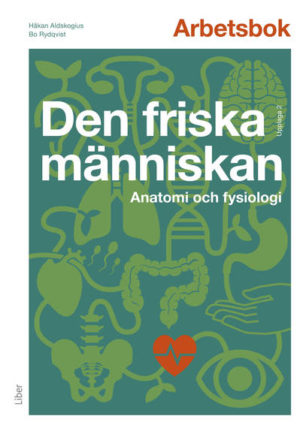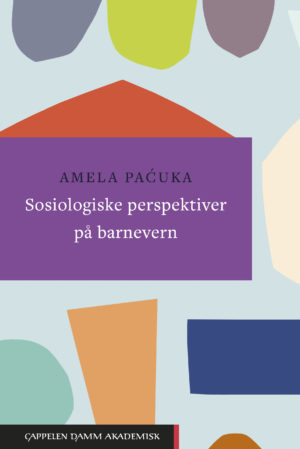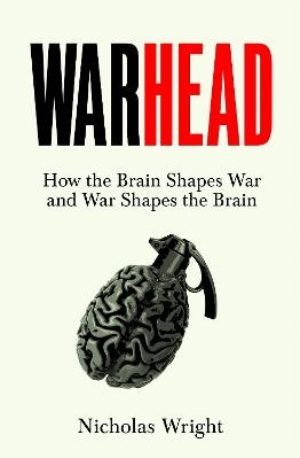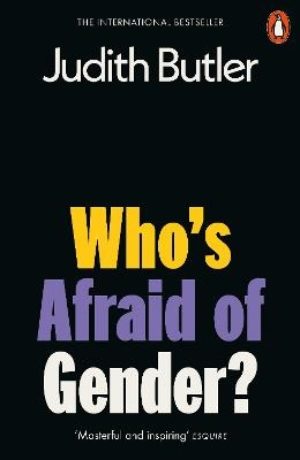The overall aim of the thesis was to explore healthcare professionals’ and volunteers’ experiences of encountering older persons’ existential loneliness, the significance of the care context, and first-line managers’ view of support. Three of the studies were qualitative with a descriptive design (studies I–III) and the fourth was quantitative with a cross-sectional design (Study IV). The data collection for studies I and II was based on focus group interviews with healthcare professionals (i.e., nurse assistant, registered nurse, physician, occupational therapist, physiotherapist, social counsellor, and social worker) in home care, residential care, hospital care, palliative care, primary care, and pre-hospital care. The data collection for Study III was based on focus group interviews and individual interviews with volunteers from various organisations. Study IV was based on a questionnaire sent to first-line managers in municipal care, examining their views of support for staff and volunteers encountering existential issues among older persons.
The findings of Study I indicated that, during the everyday care of older people, healthcare professionals experienced existential loneliness in various ways and situations related to ageing, illness, and end of life. The professionals’ stories about encountering older persons’ existential loneliness revealed that they often felt insecure about how to talk about existential issues. They also felt inadequate and frustrated when encountering barriers such as the older person’s bodily limitations, demands and needs (perceived as insatiable), personal privacy, or fear and difficulty in encountering existential issues. Study II was a multiple case study of the care contexts of home care, residential care, hospital care, and palliative care. The findings indicated that the care context matters regarding professionals’ views and interpretations of the origin of existential loneliness. In home care and residential care, these views and interpretations concerned life, the present, and the past. In hospital and palliative care, existential loneliness mainly concerned the older person’s forthcoming death. Professionals considered creating relationships an important part of their role in all care contexts, although the meanings, purposes, and conditions of these relationships differed (Study II). Study III showed that being a volunteer meant being a fellow human being, alleviating others’ and one’s own loneliness. Becoming a volunteer was a way of finding meaning, and volunteering made the volunteers feel rewarded and simultaneously emotionally challenged. Encountering loneliness, including existential loneliness, required sensitivity to others’ needs for both closeness and distance. The findings of Study IV, based on a questionnaire, indicated that 88% of the first-line managers found that older persons sometimes or often expressed existential loneliness. They also reported that staff insecurity was the major obstacle to talking about existential issues with the older persons. Support was provided in the form of structured reflection, but provision of systematic supervision was reported by only 6% of first-line managers. The managers reported that most support was provided by themselves or by registered nurses. Almost half of the managers (44%) reported that, at their units, volunteers were engaged in activities such as everyday conversations and/or music/entertainment. In addition, they also reported a desire for volunteers to be more involved in both everyday and existential conversations. In conclusion, one of the most important findings of this thesis was the insecurity of the professionals, manifested in a fear of discussing existential issues. This was revealed in the interviews with the professionals and confirmed by the first-line managers. According to both professionals and volunteers, the relationship with the older person was important when encountering existential issues. The thesis demonstrates the importance of helping professionals focus on existential issues about life and death and of the potential of volunteers as an important complement in the care of older people.







